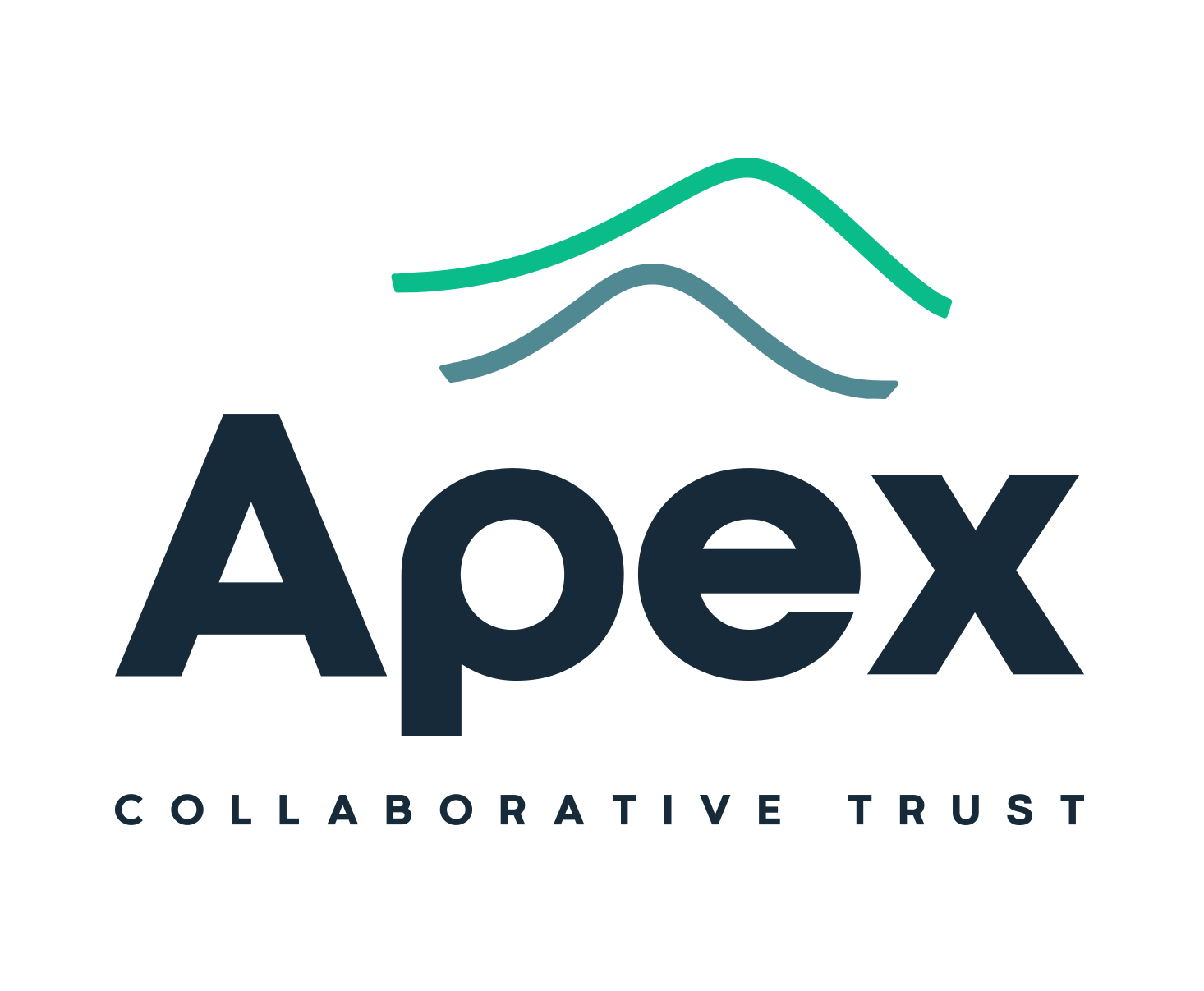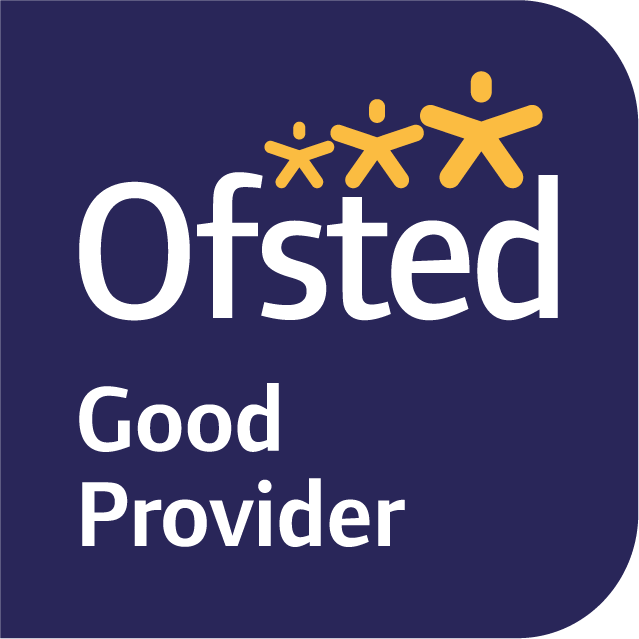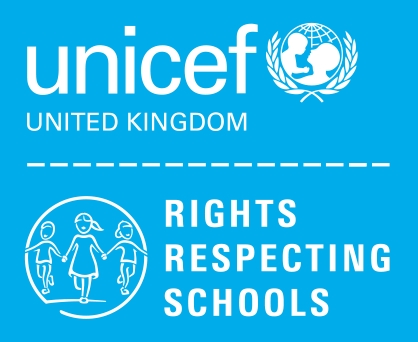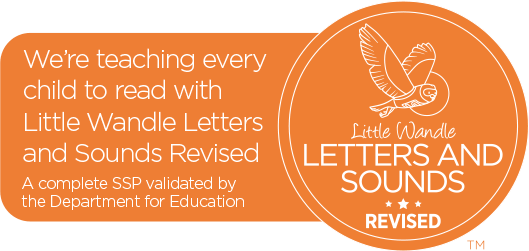Physical Education
Physically educated persons are those who have learned to arrange their lives in such a way that the habitual physical activities they freely engage in make a distinctive contribution to their wider flourishing.
- James MacAllister
At Blacko, we aim to create sportsmen and women of the future. Children will recognise the qualities that make some people successful athletes and aim to use them to develop their own character and skills.
Blacko will ensure that children receive high quality physical education to improve their fitness, stamina and skills alongside regular opportunities to engage in physical activity. Children will have opportunities to compete in sports competitions to feel a sense of personal success in an atmosphere of healthy competition.
We want our children to increase their fitness levels, be creative, co-operative and competitive, and learn valuable lessons about responsibility and self-discipline. Many of the positive attributes acquired through Physical Education can be applied beyond the school context: problem-solving, leadership, teamwork, fair play and honesty, to name but a few.
We want our children to recognise these characteristics and become fitter, stronger and healthier as a result of their PE lessons, taking their skills, knowledge and enjoyment into all areas of their life.
Our curriculum has been designed and sequenced so that PE is taught every week building upon skills, knowledge and vocabulary.
Our Year 1 PE curriculum builds directly upon the skills and knowledge the children have gained during their time in the Early Years Foundation Stage.In the EYFS, children are given a wide range of opportunities, both indoor and outdoor, to develop their core strength, stability, spatial awareness, co-ordination and agility. They are given repeated opportunities to develop their gross and fine motor skills and to develop proficiency and control, through games, small world activities, arts and crafts and the use of small tools. All of these skills enable children to meet their Early Learning Goal -Physical Development, Personal, Social and Emotional Development.
In Key Stage 1, pupils are provided with opportunities to continue this development of their fundamental movement skills, including their agility, balance and co-ordination. We recognise the importance of these key areas as the core elements essential for all sports and physical activity. The curriculum for Key Stage 1 covers a range of sports, including target games, striking and fielding games, athletics, dance and gymnastics.
In Key Stage 2, pupils continue to apply and develop a broader range of technical skills within the areas of running, jumping, throwing and catching, and striking. They begin to take part in competitive games, including familiar sports such as football, athletics, cricket and hockey, as well as less well-known activities such as tag rugby. The skills needed for these sports are developed progressively from Year 3 to Year 6, and are applied in competitive games, gymnastics, or dance performances using movement patterns.
In addition, there are opportunities throughout the academic year to participate in a wide range of county events. This enables all children to participate with their peers from other schools across the county and beyond.
The reason we progress like this is to ensure children are secure in basic skills before applying them to specific games as the skills taught are transferable.
As the children get older and there are more opportunities for them to play competitive matches it is then important to ensure they are used to the game play of sports and are starting to understand tactics and how to work as a team as in secondary school this becomes a much larger focus.
We try to expose the children to as many different sports as we can so that they can find something that they enjoy and can pursue.
Evidence
At Blacko, we evidence children's progress in Physical Education through pictures, video and notes made by the teacher.
Assessment
Teachers assess children’s learning throughout each PE lesson to ensure understanding of skills before moving onto the next skill or lesson. In addition, children will also showcase final dance and gymnast routines and participate in games to demonstrate skills learnt.
SEND
Pupils with SEND will be supported to access our PE curriculum through adaptations depending on their need. Adaptations for learning follow the EEF's 5-a-Day Principles and these adaptations, through Ordinary Alternative Provision(OAP), will be planned by teachers to support all children in being able to achieve, regardless of their individual needs.
Our SEND page provides parents with further information about what this could look like for your child and where you can seek further information or support.
Subject Leaders
Subject leaders will conduct deep dives, which include lesson drop ins, pupil interviews and evidence looks to measure the impact of our teaching, based on how much children can remember and demonstrate.




